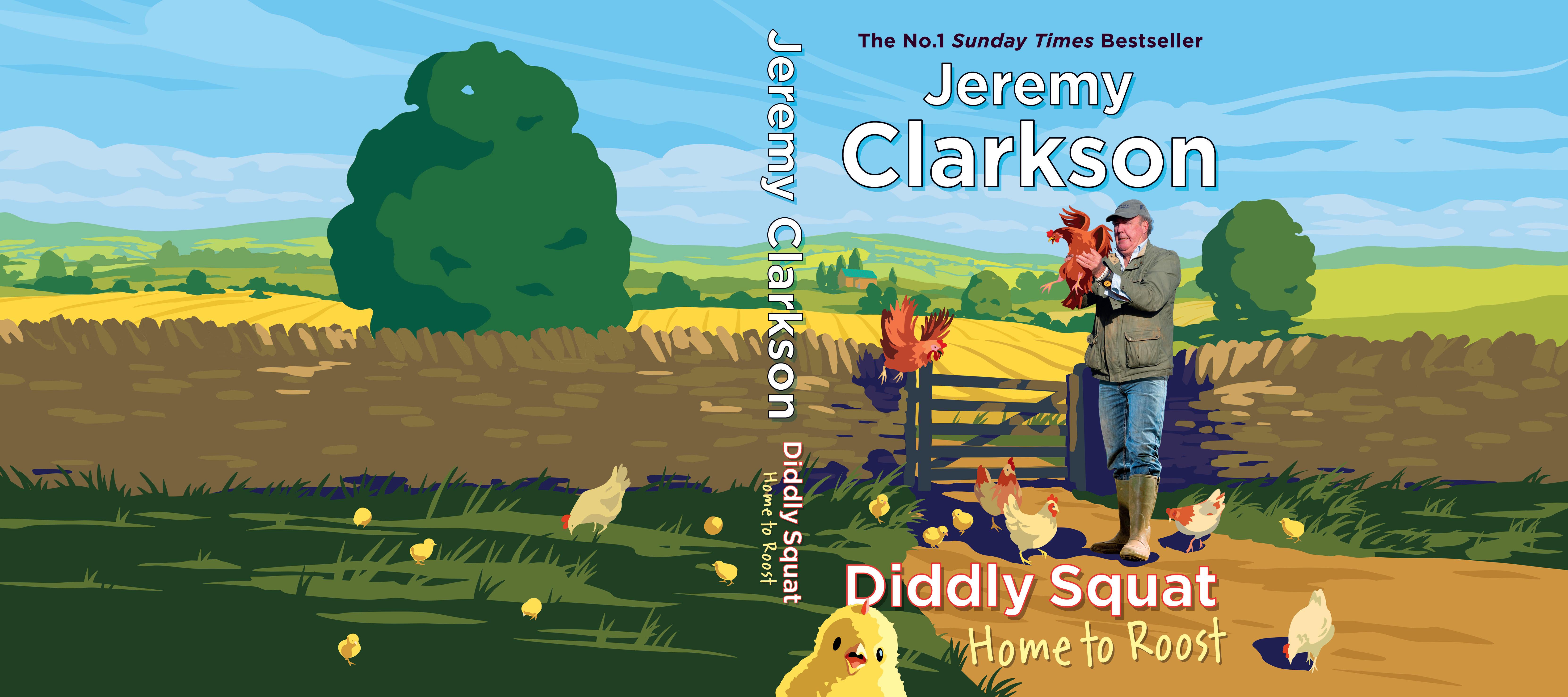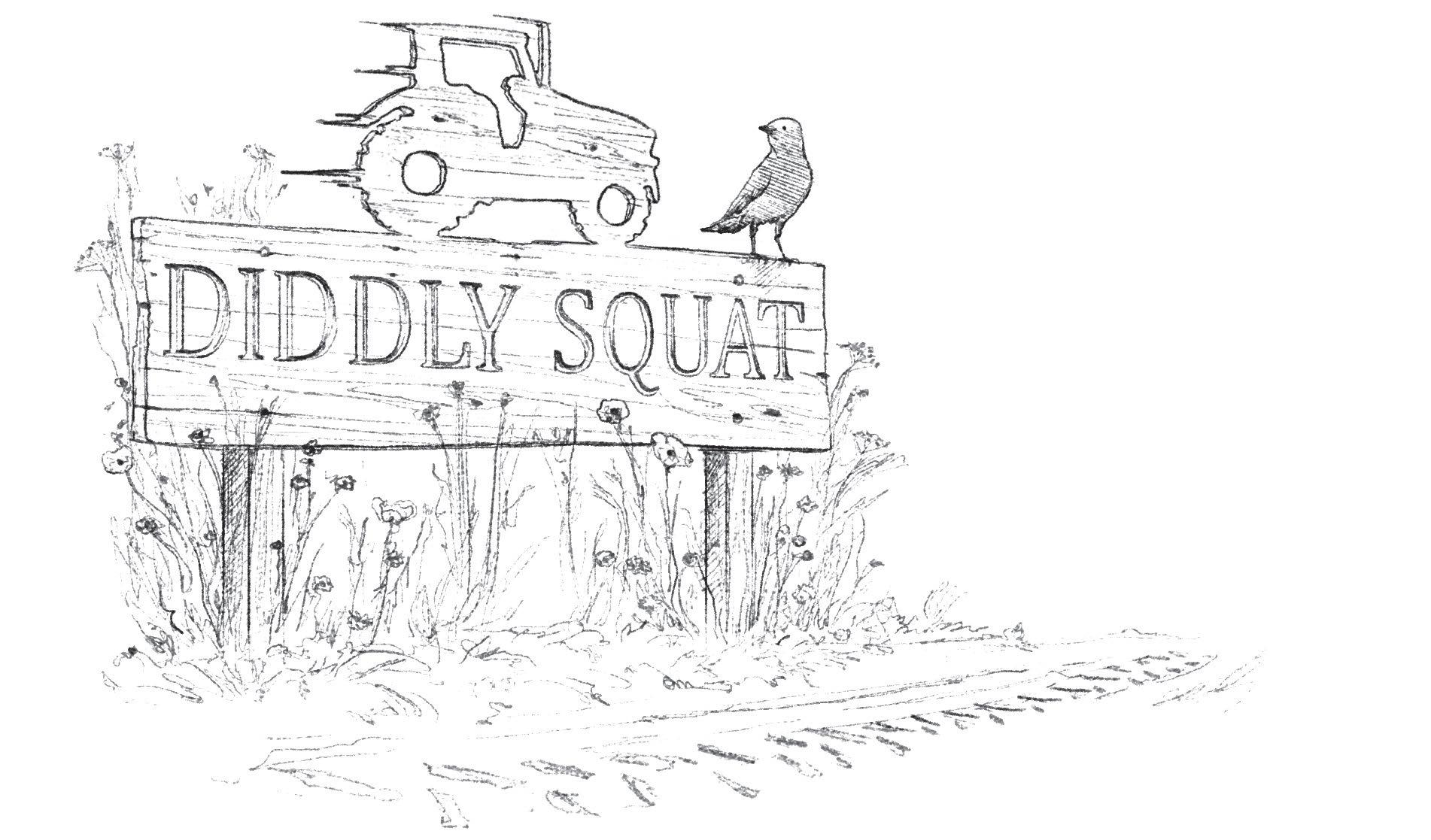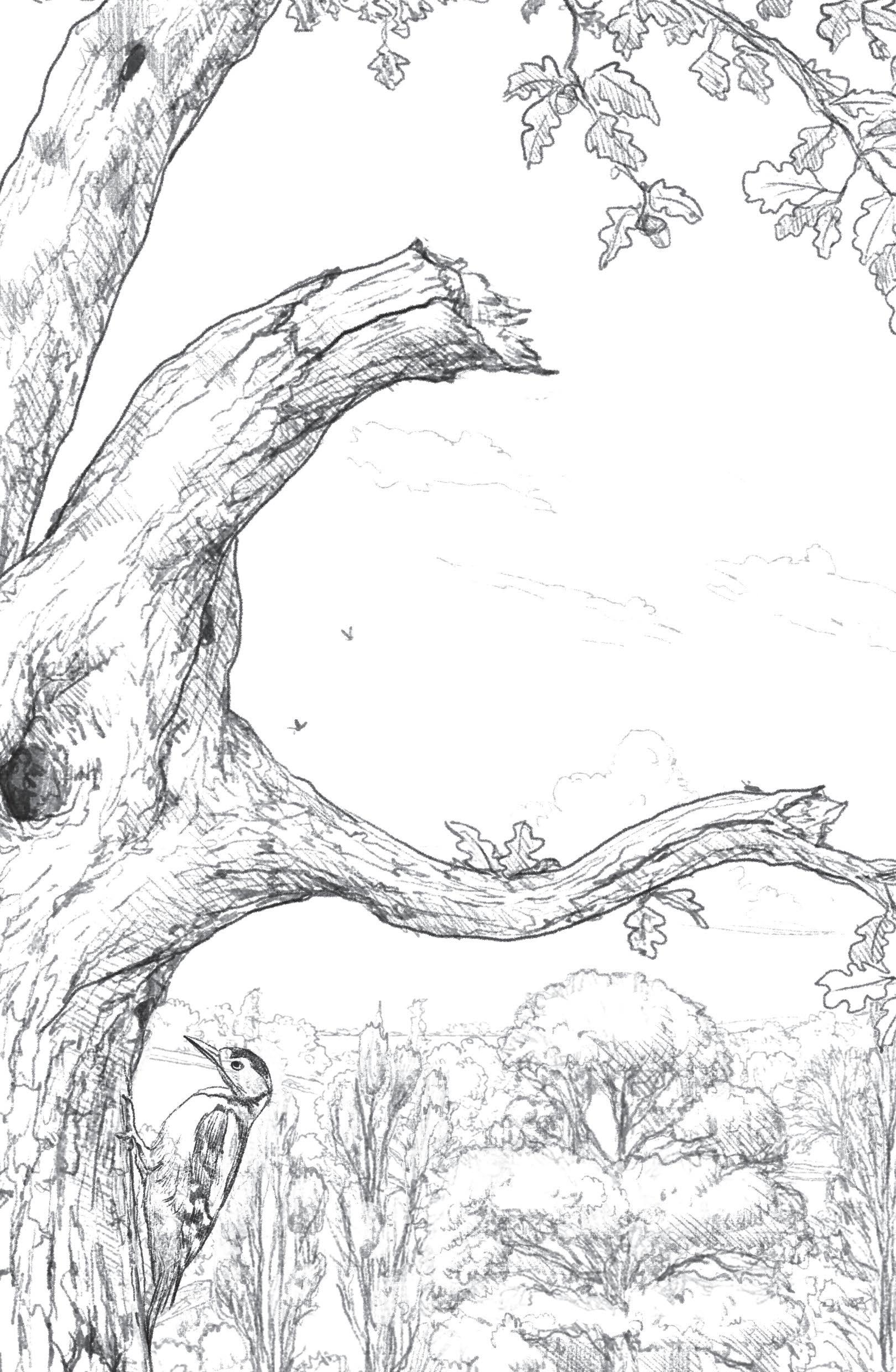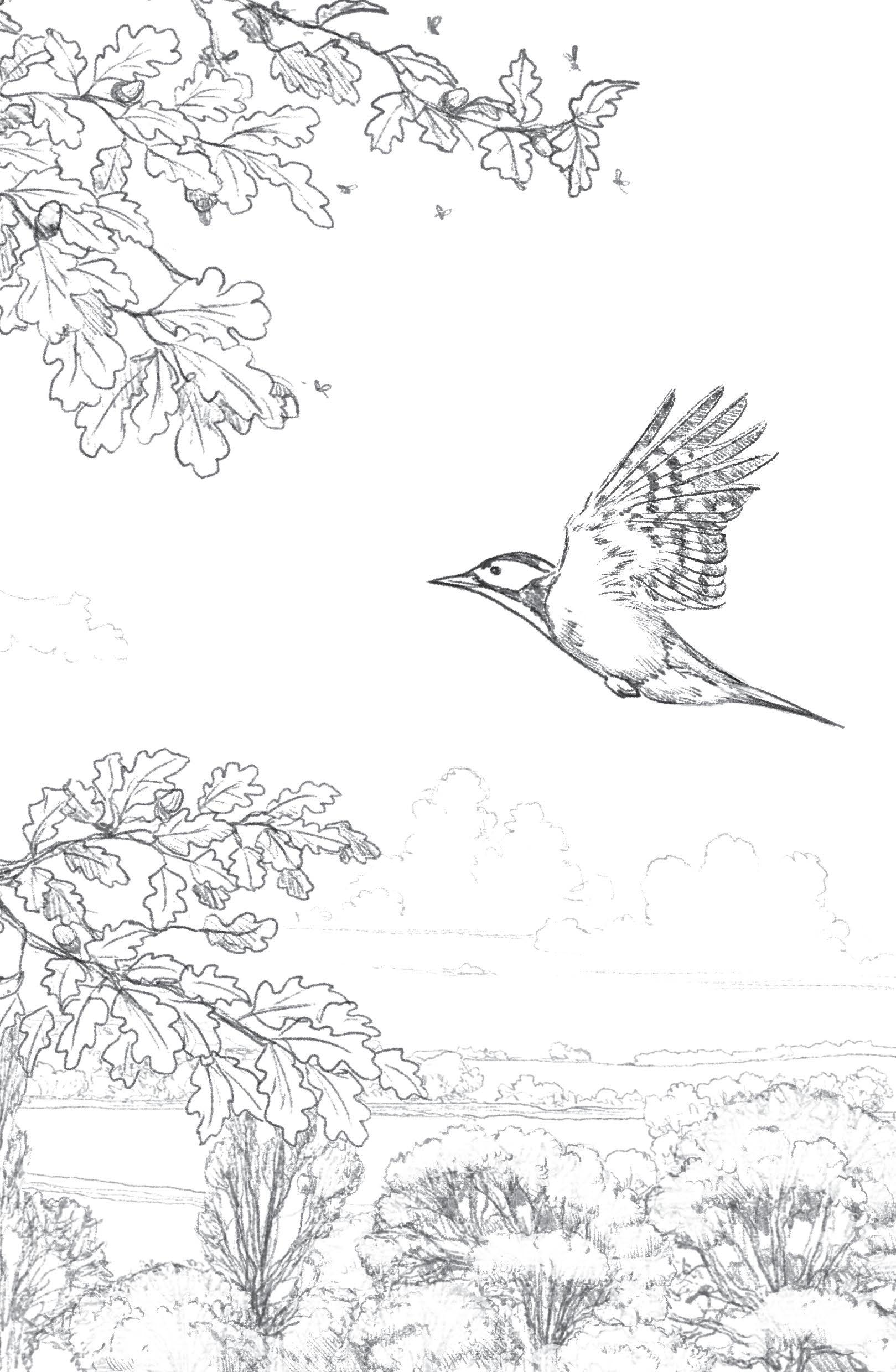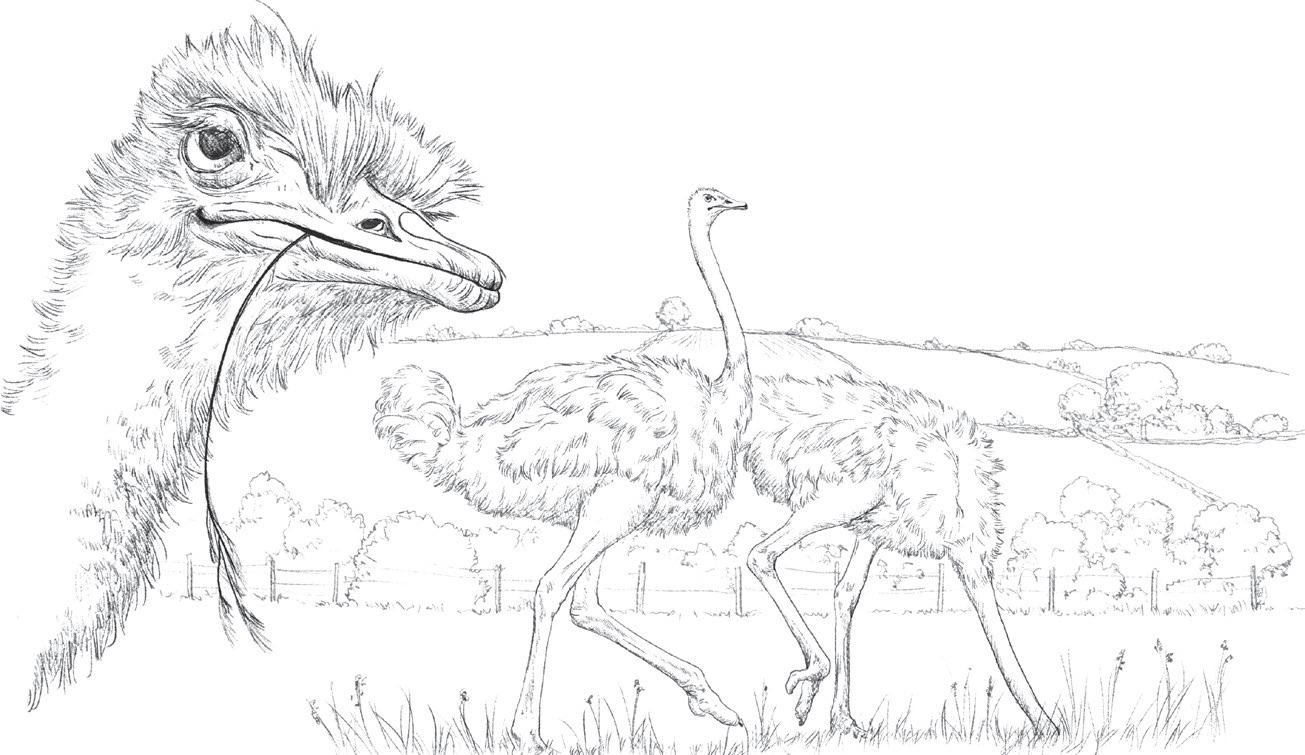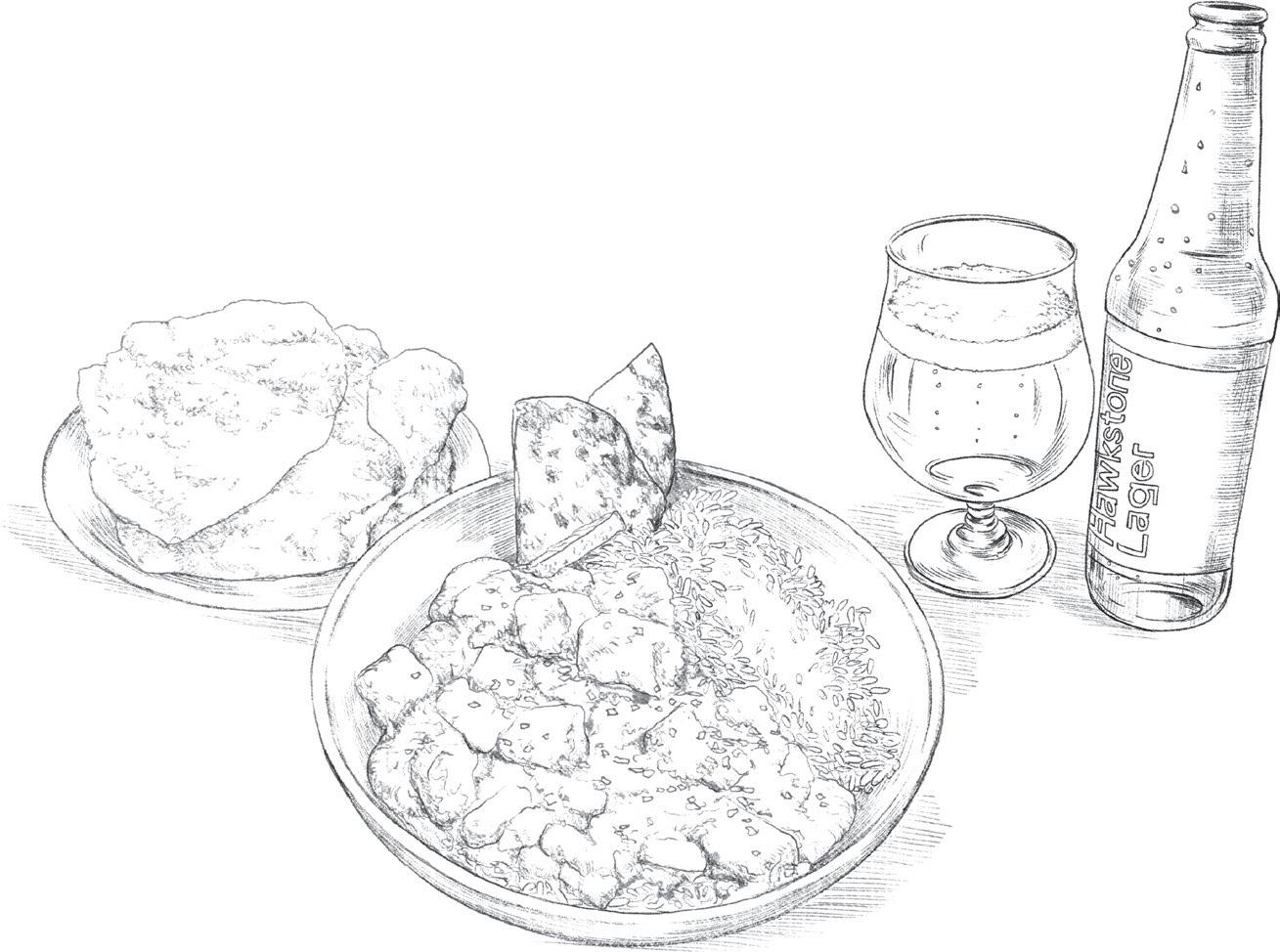Diddly Squat
Home to Roost
By the same author
Motorworld
Jeremy Clarkson’s Hot 100
Jeremy Clarkson’s Planet Dagenham
Born to Be Riled
Clarkson on Cars
The World According to Clarkson I Know You Got Soul And Another Thing Don’t Stop Me Now For Crying Out Loud! Driven to Distraction How Hard Can It Be? Round the Bend
Is It Really Too Much To Ask? What Could Possibly Go Wrong? As I Was Saying . . .
If You’d Just Let Me Finish! Really?
Can You Make This Thing Go Faster?
Diddly Squat: A Year on the Farm
Diddly Squat: ’Til the Cows Come Home
Diddly Squat: Pigs Might Fly
Diddly Squat
Home to Roost
jeremy clarkson
PENGUIN MICHAEL JOSEPH
UK | USA | Canada | Ireland | Australia
India | New Zealand | South Africa
Penguin Michael Joseph, Penguin Random House UK, One Embassy Gardens, 8 Viaduct Gardens, London sw11 7bw
penguin.co.uk global.penguinrandomhouse.com
First published 2024
Copyright © Jeremy Clarkson, 2023, 2024
The moral right of the author has been asserted
Penguin Random House values and supports copyright. Copyright fuels creativity, encourages diverse voices, promotes freedom of expression and supports a vibrant culture. Thank you for purchasing an authorized edition of this book and for respecting intellectual property laws by not reproducing, scanning or distributing any part of it by any means without permission. You are supporting authors and enabling Penguin Random House to continue to publish books for everyone. No part of this book may be used or reproduced in any manner for the purpose of training artificial intelligence technologies or systems. In accordance with Article 4(3) of the DSM Directive 2019/790, Penguin Random House expressly reserves this work from the text and data mining exception
Set in 14.71/19.62pt Garamond MT Std
Typeset by Jouve (UK), Milton Keynes
Printed and bound in Great Britain by Clays Ltd, Elcograf S.p.A.
The authorized representative in the EEA is Penguin Random House Ireland, Morrison Chambers, 32 Nassau Street, Dublin d 02 yh 68
A CIP catalogue record for this book is available from the British Library
hardback isbn: 978–0–241–72819–2
trade paperback isbn: 978–0–241–72820–8
www.greenpenguin.co.uk
Penguin Random House is committed to a sustainable future for our business, our readers and our planet. is book is made from Forest Stewardship Council® certified paper
The contents of this book first appeared in Jeremy Clarkson’s Sunday Times column. Read more about the world according to Clarkson every week in the Sunday Times.
SUMMER
It’s Ostrich Time
Yes, it’s all a complete disaster. Last summer was so hot and so dry for so long that the ground was harder than diamond-infused granite. I could have fired a bunkerbusting Hellfire missile at it and all I’d have got was a small divot. And by the time we’d had enough rain to make it soft enough to plant our oilseed rape, the flea beetle was so hungry it ate the lot in one sitting.
We were therefore forced to write o the £3,000 we’d spent on seed and instead plant oats. I’m not sure how they’re doing as I’ve never planted them before, but I did notice that when I went to the pub the other night they were all green, and that when I came back an hour or so later they’d become a sort of hearing-aid beige. This meant they’d all died extremely suddenly. Maybe that’s supposed to happen. But not being in the porridge business, I have a horrible feeling it isn’t.
Then there’s the spring barley. It’s never easy to grow that here in the brashy hills of the Cotswolds, but as we need it for our Hawkstone beer we plough on regardless. And this year things are looking extremely challenging.
We had a very cold spring. You may remember. Which meant the barley didn’t get going terribly well. The sheaf things on the top were much smaller than they should have been. And then June was a scorcher. This prompted each of the plants to develop new shoots, which are now taking all the energy that should be going to the important seedy bits. Cheerful Charlie tells me that we are in very real danger of ending up with a crop that will be rejected by the maltsters, and will have to be sold as animal feed for about three pence a tonne. Which, when I think about the cost of the fertiliser I’ve used on it this year, causes my knacker hammock to shrivel and my teeth to move about with worry.
You should be fearful too because we are not the only ones in this boat. Many of my neighbouring farmers are telling me they’re having the exact same problem with their spring barley, which means prices are going to skyrocket. And that’s going to make a pint of lager cost more than a medium-sized hatchback. Doubtless there will be many stories in the newspapers this autumn with everyone moaning about how this is yet another example of ‘the cost of living crisis in the sustainable community for hardworking families’. And everyone will blame Brexit and the Tories and Putin – but the real reason is climate change. All of which brings me on to wheat. Ever since the days of scythes and tithes, British farmers have grown
milling wheat, which is used to make bread. It suited our climate well and everyone was happy.
But now our climate is di erent and that’s why, three years ago, we started growing durum wheat, which is used to make pasta. Ordinarily, this is what fills the fields in countries such as Italy, India, Pakistan and Turkey. It’s like a British Instagrammer. It likes long, hot summer days. So you’d imagine it would fail spectacularly up here in the Oxfordshire stratosphere.
Well, it hasn’t. If you can get the seeds through the post-Brexit customs at Calais, and the only realistic way of doing that is to ask a young Albanian chap to bring them over the Channel in his Zodiac inflatable, it does well.
We’ve just had, according to some reports, the hottest June ever. Which obviously isn’t true. It was much hotter in the early Eocene era. It was so hot in fact that alligators lived in Alaska. But let’s accept that some people can be prone to a bit of climate change hyperbole and simply accept that June 2023 was lovely and warm. So lovely and warm that our durum wheat has flourished.
And there’s more. In Cornwall one family’s teagrowing business is doing so well that they’ve been able to invest £175,000 in a solar-powered robotic harvesting machine. In Devon a farmer now has 50 acres of walnut and hazelnut trees. And all over southern England there are vineyards producing some surprisingly good wines.
I know you’ve read that before and I know you don’t believe it. But try a bottle of Diddly Squat’s sparkling wine – which we get from just down the road – and tell me Moët does it better.
If I were Kaleb Cooper, my young tractor driver who’s just getting going in the world of farming, I wouldn’t be thinking about barley, wheat and oilseed rape. I’d be thinking about oranges and lemons. I’d be planting peach orchards and ostrich enclosures and replacing all my cows with camels.
This, it seems to me, is the most sensible way of approaching climate change. Don’t walk slowly through the richer bits of London and don’t throw orange powder at paintings. And definitely don’t get your teenage children to appear on the world stage, snarling and raging about ‘stolen dreams’. Just adapt.
Do you think when the last Ice Age ended, people continued to sit around in Kent wearing massive yak coats and moaning about how there was no mammoth on the menu? No. They stripped down to a goatskin loincloth and invented bread.
Humans are good at this. You don’t have bosses at Ford saying, ‘No one wants to buy our Model T any more. We’ve had it.’ They progressed. They kept up with the times. And because British Leyland didn’t – they soldiered on with the original Mini for 41 years and the
Land Rover Defender for a ridiculous 68 years – they were absorbed into other companies that didn’t have a Birmingham state of mind.
Even animals can progress to suit the conditions. The beak on a gang-gang cockatoo is used to shed excess heat from its body, and it’s now 10 per cent bigger than it was a hundred or so years ago. Meanwhile in the Turks and Caicos Islands, iguanas have developed smaller back legs so that when an all-too-frequent hurricane arrives, they can cling to a tree with their front legs and simply flap about like a flag. Farmers can learn much from this.
And so can coral. Sir Attenborough is forever telling us that the waters o various idyllic islands in the Indian Ocean and the Caribbean are becoming too warm and that these tiny little sea creatures are becoming bleached and useless. Yeah, well, I’m sorry but the solution to that is: move to where the water isn’t so hot. The Humber estuary perhaps. I know Hull is no match for the Maldives but it’s better than being extinct.
That’s why I’m abandoning the strips of land I’ve planted to bring back the turtle dove. It has now moved somewhere else and there’s nothing I could, or even should, do about that. Instead I’m going to try to attract the birds that will find the new British weather to their taste. Lilac-breasted rollers. Wilson’s bird of paradise. Parrots. That kind of thing.
Chipping Tikka Masala
When I moved to the Cotswolds 25 years ago, visitors from London would be genuinely surprised when they pressed a light switch and the rural darkness was vanquished. ‘You have electricity,’ they’d exclaim in amazement. Yes. And if you turn that tap, drinking water will arrive.
But they’d then point out that they couldn’t possibly live here among the mud and the crow-scarers because there were no decent restaurants in the area. On this they had a point. There were a few – some, aimed at the anniversary and birthday party customer, that did scampi in a basket with a lemon wedge and a sprinkling of cress, which they called garnish. And others that catered for the elderly by bringing the vegetables to the boil when you made your reservation.
But then, about 15 years ago, everything changed. A young couple bought a pub called the Kingham Plough and started to make stu that you’d actually want to put in your mouth. The chef had trained at Heston’s Fat Duck, the boisterous Sunday lunches
